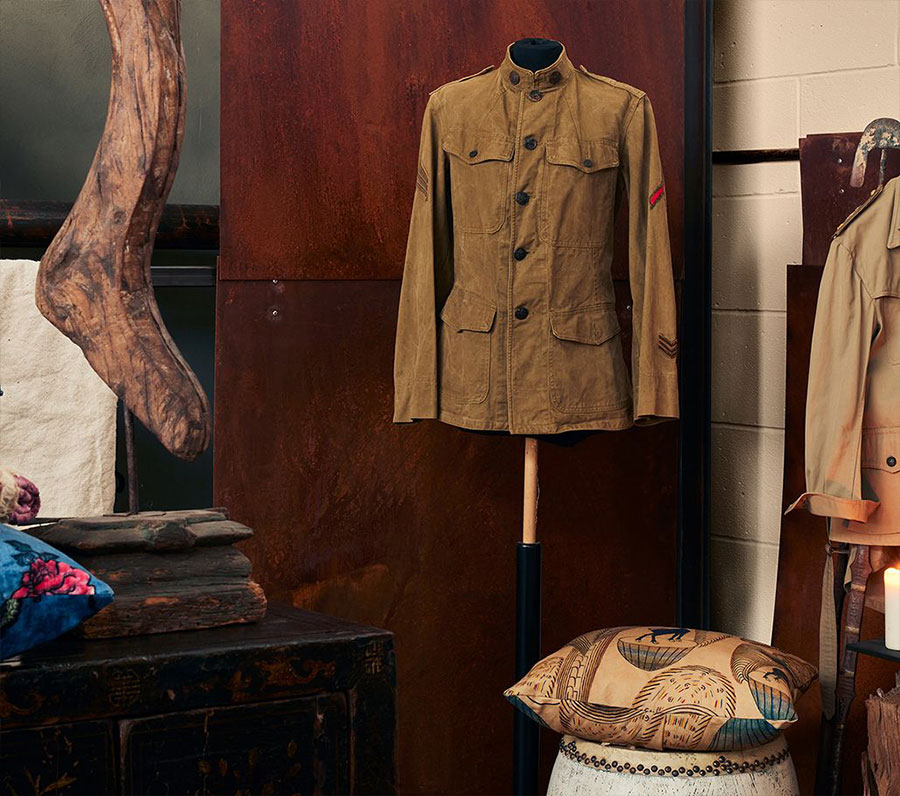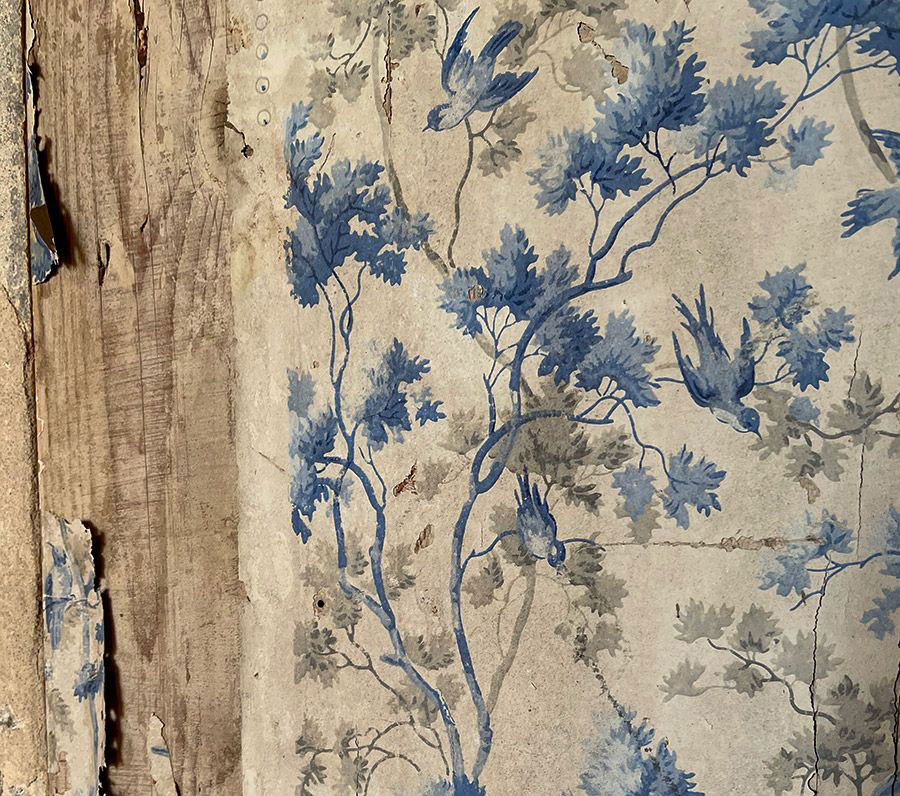the house of lyria
decor pillow
luxury interior
design furnishing
Crafted fabrics
wabi sabi
made in italy
furniture fabrics
lyria interior
lyria fabrics
interior design
The House of lyria
luxury design
interior design
interior
Blankets
Blanket
Pillows
Pillow
decor cushions
decor pillow
Pillows bed
Pillowcase
Wool pillows
Wool pillow
cashmere
jute
linen
Pillows sofa
Pillowcase sofa
luxury interior
Linen blankets
Linen pillows
linen and cashmere
Wool blankets
Wool blanket
Textile furnishing
Textile decor
Textile fabric
decor interior
artisanal fabrics
Crafted fabrics
Crafted pillows
Crafted blankets
recycled fabrics
Decor made in italy
furniture fabrics
design furnishing
lyria interior
Lyria design
lyria fabrics
made in italy
home styling
Pillows handmade
Blankets handmade
Blankets made in italy
Interior design made in italy
jute and cashmere
Blankets design
furniture design
fabric design

Creation & Philosophy

The Journey of Creation
Founder Riccardo Bruni’s uniquely creative vision was sparked by a successful textile designer whom he met as a child. The strikingly elegant and artistically minded gentleman stood in sharp contrast to the simple countryside environs of Bruni’s family business, planting a seed in the boy’s mind of what his future could hold. In the manner of an artist, Bruni draws inspiration from all around—people and stories recalled from travels around the world, old photography books, memories of his grandparents’ linen sheets. Still, his creative spirit is rooted in looking forward, in experimentation and playing with traditional craftsmanship to create something new and alive.
The process of creating a Lyria textile begins with its very essence: structure and substance. Bruni prizes natural fibers such as wool, linen and cotton, trying unusual combinations and unconventional looming techniques to create interesting textures and to give fabrics a longer life. Colors are often natural and muted, as if from ancient times. They are created using organic sources—coffee, tea, ashes—instead of chemical dyes. Lyria’s palette is also inspired by the forest, using elements like bark, leaves and musk. “These can create the most beautiful colors that never cease to amaze,” says Bruni.
A Philosophy of Exquisite Imperfection
Bruni is aesthetically guided by wabi-sabi, the Japanese philosophy of finding beauty in imperfection. Wabi-sabi is the appreciation of the transience of the natural world and the melancholy attraction to the impermanence of things. It treasures the simple and the rustic. It values deterioration as a physical manifestation of the passage of time, a reminder that we are all transitory on this planet and we must accept the natural cycle of growth, death and decay.
Lyria seeks to find ambition and harmony in what is simple and imperfect, to make it look natural. The organic curves of a stone. The peeling surface of a stone wall. The elegance of a once-opulent, now-crumbling chair exposed for a long time to the elements. Our textiles are imbued with an unstudied quality, with genuine character and a soulful touch of the human hand. “I want to give the impression that the fabric has lived,” says Bruni.


Creation & Philosophy
The Journey of Creation
Founder Riccardo Bruni’s uniquely creative vision was sparked by a successful textile designer whom he met as a child. The strikingly elegant and artistically minded gentleman stood in sharp contrast to the simple countryside environs of Bruni’s family business, planting a seed in the boy’s mind of what his future could hold. In the manner of an artist, Bruni draws inspiration from all around—people and stories recalled from travels around the world, old photography books, memories of his grandparents’ linen sheets. Still, his creative spirit is rooted in looking forward, in experimentation and playing with traditional craftsmanship to create something new and alive.
The process of creating a Lyria textile begins with its very essence: structure and substance. Bruni prizes natural fibers such as wool, linen and cotton, trying unusual combinations and unconventional looming techniques to create interesting textures and to give fabrics a longer life. Colors are often natural and muted, as if from ancient times. They are created using organic sources—coffee, tea, ashes—instead of chemical dyes. Lyria’s palette is also inspired by the forest, using elements like bark, leaves and musk. “These can create the most beautiful colors that never cease to amaze,” says Bruni.

A Philosophy of Exquisite Imperfection
Bruni is aesthetically guided by wabi-sabi, the Japanese philosophy of finding beauty in imperfection. Wabi-sabi is the appreciation of the transience of the natural world and the melancholy attraction to the impermanence of things. It treasures the simple and the rustic. It values deterioration as a physical manifestation of the passage of time, a reminder that we are all transitory on this planet and we must accept the natural cycle of growth, death and decay.
Lyria seeks to find ambition and harmony in what is simple and imperfect, to make it look natural. The organic curves of a stone. The peeling surface of a stone wall. The elegance of a once-opulent, now-crumbling chair exposed for a long time to the elements. Our textiles are imbued with an unstudied quality, with genuine character and a soulful touch of the human hand. “I want to give the impression that the fabric has lived,” says Bruni.

 English
English Italiano
Italiano